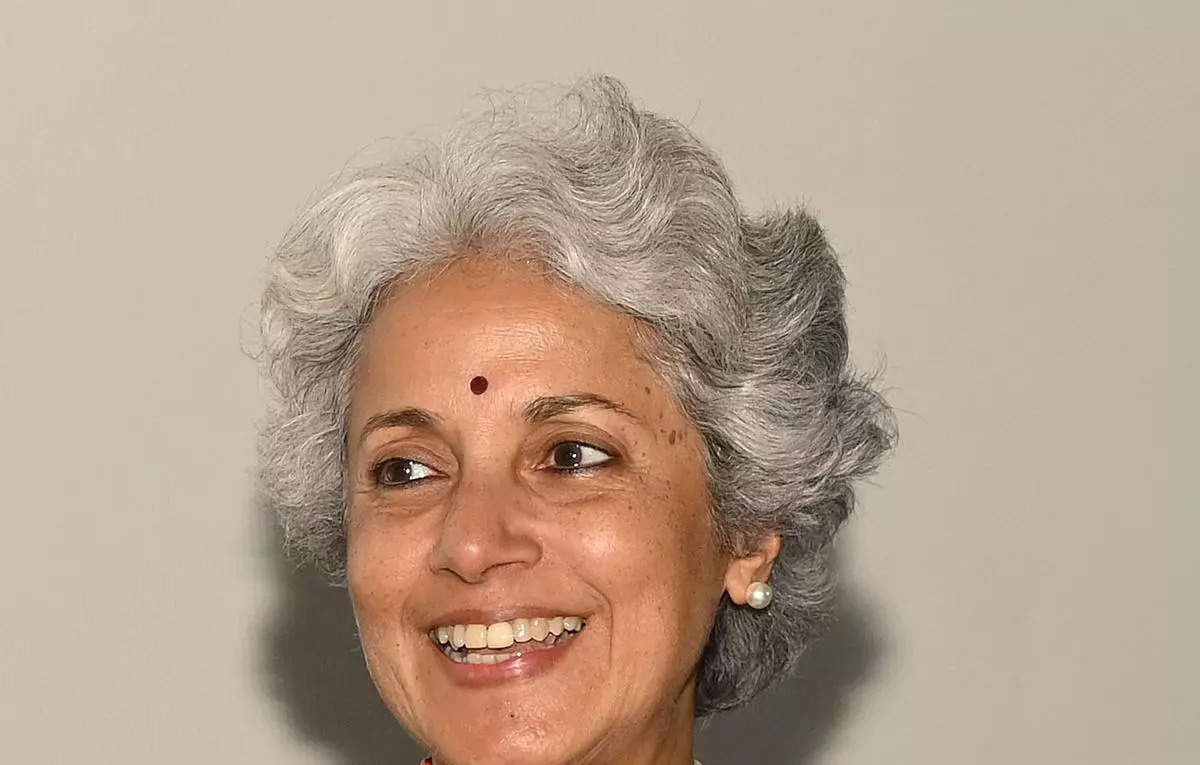Cuddalore: Lessons from the Pandemic and the Path Forward
Cuddalore, a coastal town in Tamil Nadu, India, has recently been in the spotlight as it hosts discussions on the lessons learned from the COVID-19 pandemic. The pandemic tested the resilience and cooperation of nations worldwide, and prominent figures like Dr. Sowmya Swaminathan, the principal advisor of the National Tuberculosis Elimination Programme, have emphasized the importance of these lessons in preparing for future health emergencies.
The Impact of COVID-19 on Global Health
The COVID-19 pandemic was a wake-up call for health systems around the globe. It exposed vulnerabilities in public health infrastructure, highlighted the importance of rapid response mechanisms, and underscored the need for international collaboration. Dr. Swaminathan, speaking at the 86th convocation ceremony of Annamalai University in Chidambaram, articulated that the experiences gained during the pandemic would be invaluable in shaping future health policies and preparedness strategies.
She stressed that nations must invest in building resilient health and education systems to withstand future crises. This investment is not merely financial; it encompasses a holistic approach that prioritizes public health, education, and innovation. By doing so, countries like India can emerge stronger from the challenges posed by the pandemic.
The Role of Artificial Intelligence
In her address, Dr. Swaminathan also highlighted the transformative potential of artificial intelligence (AI) in various sectors, including healthcare, education, and agriculture. AI can revolutionize how services are delivered, making them more efficient and accessible. However, she cautioned that the adoption of AI must be done responsibly and ethically. The goal should be to augment human capabilities rather than replace them.
As India navigates the post-pandemic landscape, embracing AI can lead to significant advancements in public health initiatives, educational reforms, and even in addressing issues like food security. The integration of AI into these sectors can enhance decision-making processes, improve service delivery, and ultimately lead to better outcomes for the population.
Digital Technologies: A Silver Lining
The pandemic accelerated the adoption of digital technologies, which played a crucial role in maintaining continuity in education and healthcare. Dr. Swaminathan pointed out that innovations such as telemedicine and online education have demonstrated their potential to improve access to essential services, especially in remote areas.
Telemedicine, for instance, has bridged the gap between healthcare providers and patients, allowing for consultations and follow-ups without the need for physical visits. This has been particularly beneficial for individuals in rural areas who may have limited access to healthcare facilities. Similarly, online education has opened doors for students who were previously unable to attend traditional classrooms, ensuring that learning continues despite disruptions.
Building a Resilient Future
As Cuddalore and the rest of India look to the future, the lessons learned from the pandemic must inform the strategies employed to build a more resilient society. Dr. Swaminathan’s call for prioritizing public health and education is a crucial step in this direction. By fostering a culture of innovation and collaboration, India can not only address the immediate challenges posed by health emergencies but also lay the groundwork for sustainable development.
Investing in health infrastructure, enhancing digital literacy, and promoting ethical AI practices will be essential components of this strategy. Furthermore, engaging communities in health initiatives and educational reforms will ensure that the benefits of these advancements reach all segments of society.
Conclusion
Cuddalore stands as a testament to the resilience of communities in the face of adversity. The insights shared by Dr. Sowmya Swaminathan during the convocation ceremony serve as a guiding light for India as it navigates the complexities of a post-pandemic world. By learning from the past and embracing innovation, India can build a healthier, more educated, and resilient future for all its citizens. The journey ahead may be challenging, but with cooperation and commitment, the possibilities are limitless.
